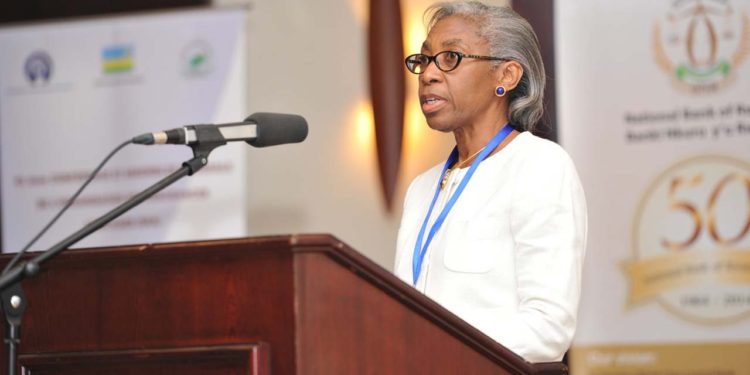Nigeria and other African countries were able to generate $676.7 billion insurance premium income, going by the records of the 46th Africa Insurance Barometer, a research report that covers African insurance market.
The report, launched at the just concluded 46th Conference and General Assembly of the African Insurance Organisation (AIO) in Johannesburg, South Africa, said premiums grew by 12 per cent in dollar terms in 2017, financial year, from $59.4 billion in 2016, reversing the trend of previous years when African growth rates were negative due to depreciation of African currencies.
On an inflation adjusted-basis, the report showed overall insurance premiums increasing by just 0.5 per cent in 2017, which was ahead of the growth in advanced markets (-0.6 per cent), but below the 10.3 per cent volume growth for the world’s emerging markets.
In Africa’s largest insurance markets, total real premium growth was positive in Egypt (+9.8 per cent), Namibia (+7.8 per cent) and Morocco (+3.0 per cent), stagnant in South Africa (+0.1 per cent) and negative in Nigeria (-10.5 per cent), Algeria (-2.8 per cent) and Kenya (-2.0 per cent).
The continent’s insurance markets, according to the research report, have returned to a more stable environment following the deep and sudden economic downturn in 2015/16.
The yearly survey conducted among the chief executive officers of Africa’s primary insurers, stated that the industry continues to benefit from its underlying growth story, the resilience that it demonstrated during the downturn and a strengthening regulatory framework.
Reacting on the report, Secretary-General of the African Insurance Organisation, Prisca Soares, said the mood among Africa’s insurance executives polled for this year’s Africa barometer is slightly more cautious than last year.
“Following the deep recession of 2015/16, insurers is less bullish. The crisis exposed Africa’s continued vulnerability to external shocks. In addition, the prospects for the global economy and for global trade have reduced for the near-term future.
“However, with the availability of technology and an expanding middle class, awareness and the understanding for the benefits of insurance are improving among policymakers, regulators and consumers. This will generate additional impulses for the industry,” she said.
Outgoing President, African Insurers Association (AIO), Mrs. Aretha Duku-Gia, said, low insurance penetration in Africa still presents an opportunity for growth, urging insurance operators to use the huge population of the continent to their advantage.
Highlighting the barrier to low Insurance Penetration, she said, micro economic, cultural and religious sentiments as well as low education are challenges that must be addressed for African insurance industry to compete favourably in the international market.
While calling for insurance to be introduced in secondary schools across Africa for increased insurance education, she urged companies to adopt multi-channels to sell insurance products and services. Operators, according to her, must do all they can, to make insurance accessible to all, especially, those in the informal sector.










